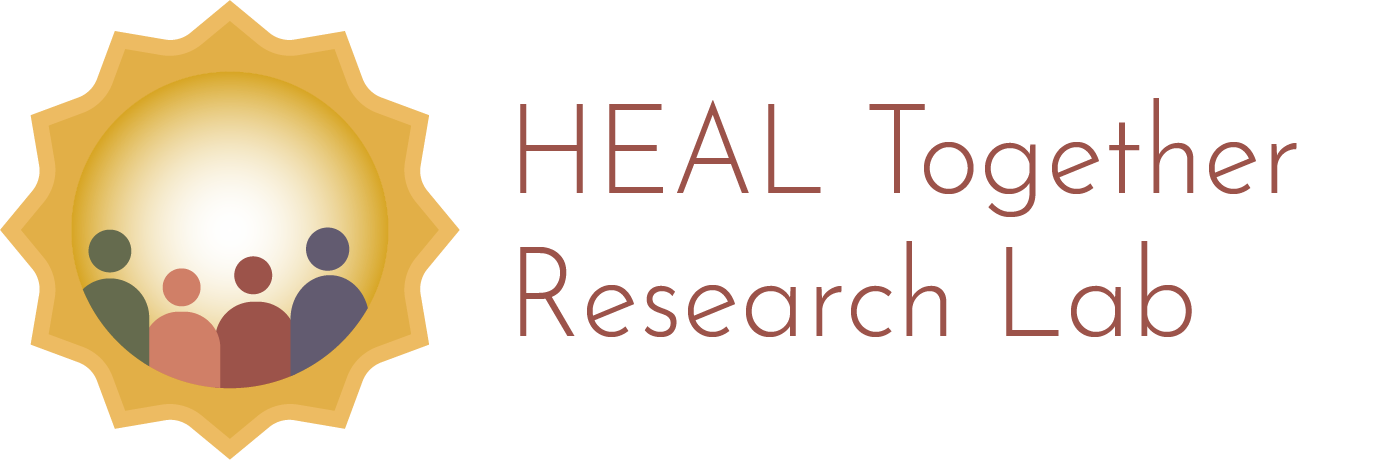Goal 5: Empower students to independently design, lead, and conduct research or initiatives.
"Towards Black Liberation: Beyond the Monolith."
By Marsha Akoto, MA
(4th year Counseling Psychology PhD Student)
Abstract: This study explores the dynamics of ethnic identity, racial attitudes, and sociopolitical participation among a diverse sample of 208 Black-identified individuals (African Americans, Africans, Afro-Caribbeans). In contrast to previous research that treats the “Black” community as a monolith, our findings reveal significant nuances and differences across ethnic groups within the diaspora. Employing Multivariate Analysis of Variance (MANOVAs), we observe that intersectionality is a key aspect of the Black experience. African Americans exhibit higher sociopolitical engagement, but lower ethnic identity and higher self-hatred attitudes compared to African immigrants and Afro-Caribbeans. Further analysis shows variations within subgroups, such as lower ethnic identity reported by African American women and higher levels endorsed by college-educated Afro-Caribbeans. These findings contribute to the scholarly discourse, emphasizing the need for tailored interventions and supportive environments to foster critical consciousness and therapeutic healing practices within the diverse Black community.
"Perspectives on turnover and workforce shortages in community behavioral health: Insights from a public mental health financing initiative. "
By Elyse Ganss, MA
(2nd year Counseling Psychology PhD Student)
The primary objective of the present study was to qualitatively explore and better understand what community mental health workers (therapists, supervisors, and agency leaders) report as influential to staying or leaving in community mental health. This study addresses the following research questions: What are the overall themes surrounding occupational issues and well-being in the context of clinicians who are and are not receiving an enhanced reimbursement rate? What are the overall themes of how a financing strategy or evidence-based practice training impacts clinician turnover? What recommendations or suggestions do clinicians have for increasing the behavioral health workforce?
"A Qualitative Examination of Yiddish-Speaking Clinicians' Training and Therapeutic Experiences "
By Temma Schaechter, BA
(1st year Counseling Psychology PhD Student)
Yiddish, once spoken by 13 million Jews before the Holocaust, now has around a million speakers worldwide, ranging from secular to Ultra-Orthodox (or Hasidic) Jews. Despite the increasing number of Yiddish-speakers, there is a lack of Yiddish-speaking mental health clinicians, and no research focused on this subset of clinicians providing linguistically appropriate care. Additionally, cultural barriers experienced by clients (e.g., mental health stigma) and clinicians (e.g., ethical dilemmas around clients' religious doubt), and their intersection with linguistic barriers need to be investigated in the context of Yiddish-speaking services. This gap in research on Yiddish-speaking clinicians' training for and experiences delivering Yiddish mental health services highlights the need for community-based research to characterize current practices and needs. This qualitative study aims to explore the experiences of Yiddish-speaking clinicians to improve future mental health care. This study will investigate the following questions: (1) What training supports do Yiddish-speaking clinicians receive to deliver services to clients in Yiddish? (2) What is the therapeutic experience of clinicians providing Yiddish services? (3) How do Yiddish-speaking clinicians conceptualize and deliver culturally sensitive care?





